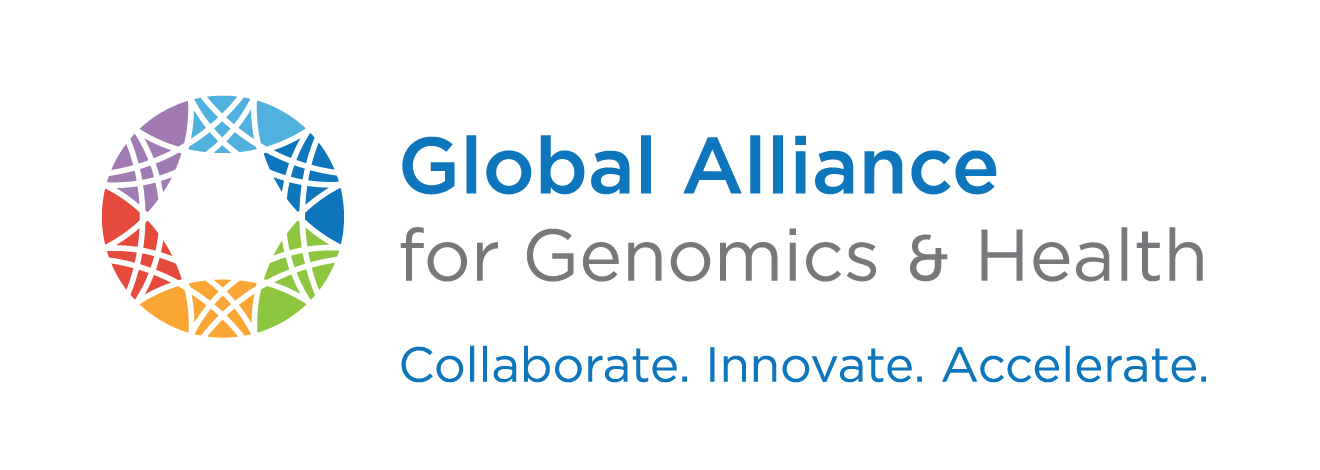
With the ongoing COVID-19 situation, the 132nd MPEG meeting has been held again digitally from October 12th until 16th, 2020. Nonetheless, many important topics have been discussed, and progress and improvements have been made in the specific ISO 23092 MPEG-G subject.
MPEG evaluates Extensions and Improvements to MPEG-G and Announces a Call for Evidence on New Advanced Genomics Features and Technologies
The extensive use of high-throughput DNA sequencing technologies enables a new approach to healthcare known as “precision medicine”. DNA sequencing technologies produce extremely large amounts of raw data that are stored in various repositories around the world. One challenge is to efficiently handle the increasing flood of sequencing data. A second challenge is the ability to process such a flood of data in order to 1) expand scientific knowledge of genome sequence information and 2) search genome databases for diagnostic and therapeutic purposes. High-performance compression of genomic data is required to reduce the storage size and increase transmission speed of large data sets.
The current MPEG-G standard series (ISO/IEC 23092) deals with the representation, compression, and transport of genome sequencing data, with support for annotation data under development. These specifications provide a file and transport format, compression technology, metadata specifications, protection support, and standard APIs for accessing genomic data in its native compressed format.
In response to a call for proposals issued at the 131st meeting, MPEG received submissions addressing low-complexity coding modes that directly improve coding and decoding speed to enable access to data with lower latency, and for advanced sequencing data and metadata indexing and search that can be applied to both aligned and unaligned data directly in the compressed domain. In addition, technologies for compressing and indexing of aligned and unaligned read data were proposed. MPEG is currently evaluating the integration of these new technologies into the MEPG-G standard series.
In line with MPEG’s traditional practice of continuously improving the quality and performance of its standards, MPEG issued a public Call for Evidence (CfE) at its 132nd meeting. This CfE aims to evaluate the performance of new technologies that 1) can demonstrate that the current compression, transport, and indexing technology of the ISO/IEC 23092 series can be improved with new compression technologies, especially for very long reads, and 2) can yield higher compression rate, support new features or improve the performance of other important metrics.
MPEG evaluates extensions and improvements to MPEG-G and announces Call for Evidence on new advanced genomics features and technologies
The extensive usage of high-throughput DNA sequencing technologies enables a new approach to healthcare known as “precision medicine”. DNA sequencing technologies produce extremely large amounts of raw data which are stored in different repositories worldwide. One challenge is to efficiently handle the increasing flood of sequencing data. A second challenge is the ability to process such a deluge of data in order to 1) increase the scientific knowledge of genome sequence information and 2) search genome databases for diagnosis and therapy purposes. High-performance compression of genomic data is required to reduce the storage size and increase transmission speed of large data sets.
Current MPEG-G standard series (ISO/IEC 23092) address the representation, compression and transport of genome sequencing data with support for annotation data under development. They provide a file and transport format, compression technology, metadata specifications, protection support, and standard APIs for the access of genomic data in the native compressed format.
In response to a Call for Proposals issued at the 131st meeting, MPEG is evaluating extensions to the MPEG-G standard series. Submissions have been received addressing low complexity coding modes to directly improve the speed of encoding and decoding to provide faster, reduced latency access to data, as well as advanced sequencing data and metadata indexing and search which can be applied to both aligned and unaligned data directly in the compressed domain. In addition, technologies have been proposed for compressing and indexing aligned and unaligned read data.
In line with the traditional MPEG practice of continuous improvement of the quality and performance of its standards, at its 1st SC29/WG8 meeting, MPEG has issued a public Call for Evidence (CfE). This CfE aims to assess the performance of new technologies that can 1) demonstrate that current compression, transport and indexing technology of ISO/IEC 23092 series can be improved with new compression technologies, particularly applied to very long reads, and 2) can yield higher compression rate, support new functionality or improve performance of other metrics.
A summary of the main achievements from the MPEG meeting can be found here.
Picture Source: StockSnap/ pixabay






